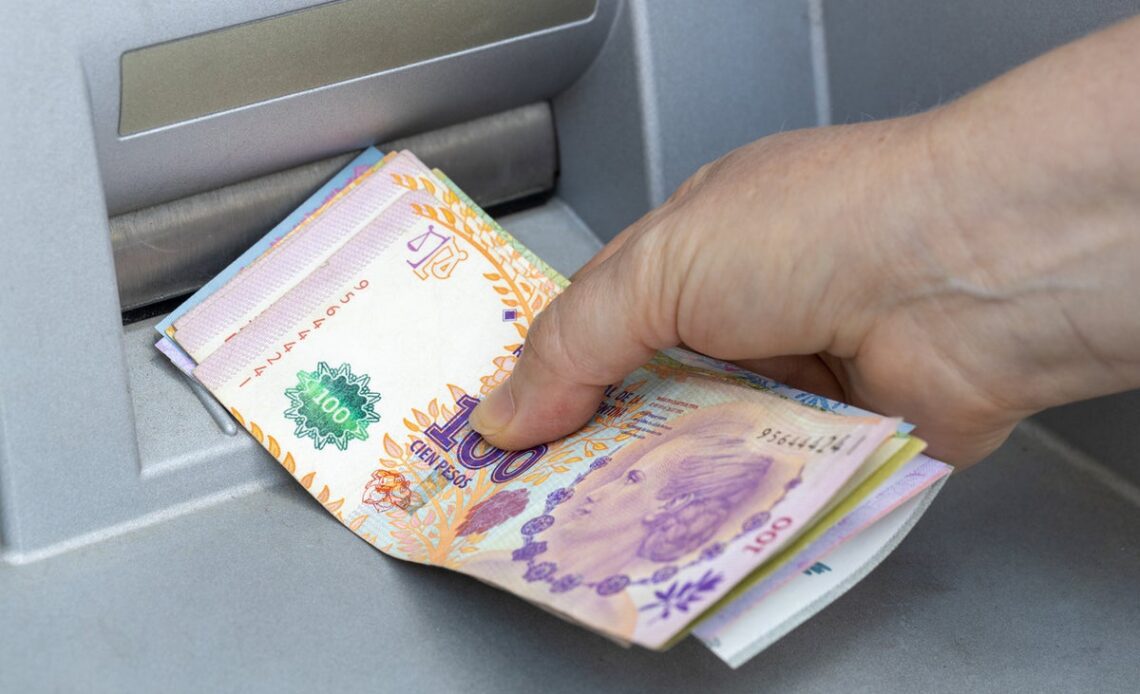Argentina’s government has introduced a new regulation for exchange rates, meaning tourists using credit and debit cards will get more pesos for their money than previously.
In the past, poor exchange rates for card users have meant it is better value to bring large amounts of foreign currency and change it informally via unofficial traders (known as the “Dolar Blue”).
Tourists using this method have historically got up to twice as many pesos per pound or dollar than they would have by using their foreign debit or credit card, for which the exchange rate is based on the official one used by banks.
However, following the change to government regulations, the exchange rate for credit or debit card users is far better – equal to the “Dolar MEP” (one of 10 or so different exchange rates in Argentina’s somewhat confusing system).
Based on a cash conversion on Friday 4 November – the day the new rate took effect – one US dollar was officially worth 158 Argentine pesos, but a tourist could get up to 285 pesos by exchanging with a “Dolar Blue” trader.
Following the change to government regulations, however, they could get a superior 292 Argentine pesos per dollar with the more favourable rate for non-Argentinian credit and debit card transactions.
The government hopes the move will encourage tourists not to bring wads of cash for exchange (leaving them vulnerable to muggings and robberies), as well as allowing official transactions to be taxed.
The change is also aimed at tempting in more international tourists, who will get far more for their money and may feel more secure making payments on card rather than exchanging cash with unofficial traders.
“Effectively the measure introduces an exchange rate 90 per cent superior to the official one applying to all tourist expenses in the country, including excursions, meals and tourist packages,” reported the Buenos Aires Times.
“According to official calculations, of the roughly US$200m-$250m entering the country monthly via tourism, only US$30m comes through the formal sector,” it added of the untracked money coming in via the “Dolar Blue” system.
Jed Rothenburg, director of Buenos-Aires-based travel specialist Landing Pad BA, told the Herald: “If they actually make this work, Argentina could be one of the top tourist destinations within the next couple of years,…
Click Here to Read the Full Original Article at The Independent Travel…
